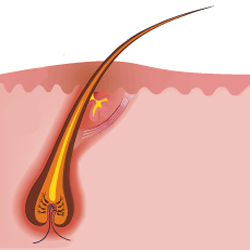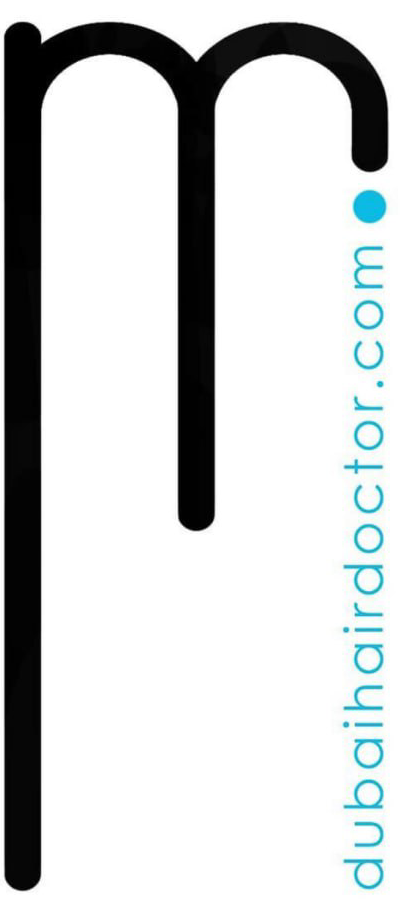
Rosemary Oil and Hair Research shows that rosemary oil may benefit well-being by relieving pain, relieving stress, improving your mood, fighting baldness, and acting as an anti-inflammatory. Studies have proven that rosemary oil can do much to boost free-radical- scavenging activities, as well as reducing the levels of cortisol, all of which can protect the […]
Therapeutic Hypnosis And Hair loss Hypnotherapy has absolutely no side effects, as well as decreases overall stress and anxiety levels in clients. In this case, not only is hypnotherapy effective at promoting significant hair growth, it is a non-side-effects method to decrease stress and other symptoms of alopecia areata. We can use Hypnosis to bring […]
I am excited to announce that I will be moving to a new wellness clinic with very exciting hair loss restoration treatments. Please whatsapp +9710562020389 for information
Going on a crash diet that consists solely of baby food, cabbage soup, elaborate juice concoctions or a meagre amount of calories a day might enable you to lose a few kilos quickly. But you may also find 2-6weeks later that you are also losing your hair. Extreme diets that cut out essential food groups or unhealthily restrict your caloric intake are bad for your […]
Proteins are used to build tissue cells, including the cells of your hair, skin and nails. 80-85% of your hair is composed of a protein called keratin. Dietary proteins are your hairs’ building blocks – they make your hair strong and help keep it in its growing (anagen) phase.
Eggs are a nutritional powerhouse and are exceedingly good for your hair due to their high levels of protein, vitamins and minerals! The ‘Perfect’ Protein It could be said that eggs are the ‘perfect protein’ for you hair. The amino acids (protein) found in eggs whites are in fact the most complete and easily absorbed […]
Your body breaks down carbohydrates and converts them into energy. They’re absorbed quickly into your bloodstream and shuttled around your body for fuel and repair. Amongst other things, carbohydrates are used to convert protein into the cells that form your hair. Carbohydrates are important because they provide energy, and being the second fastest-growing cells in […]
Summertime is fast approaching and it’s easy to get caught up in the warmth and forget to adequately protect your hair. It’s common knowledge that the sun has the potential to cause skin damage, increase aging and even trigger cancer, but in addition to treating your skin to the protection of SPF lotions, it’s vital […]
Iron deficiency is a common underlying cause of hair loss in women. Correct iron and ferritin (stored iron) levels are essential to hair growth as they support healthy hair cell proliferation and help to keep your hair in the growing (anagen) phase. Iron deficiency anaemia, be it mild or severe, can cause your hair to […]
If you have read past articles from my blog, you are probably aware that I am passionate about nutrition, and not just in terms of your hair health, but your bodily and mental well being too. So with the holiday season just around the corner, I would like to speak about pre-Christmas diets – something […]

